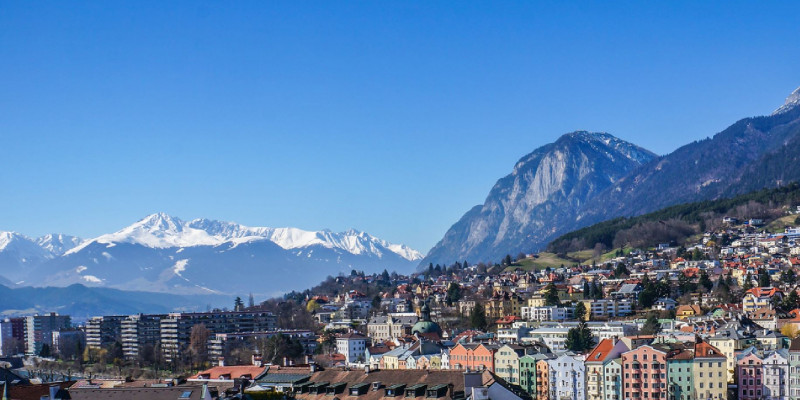Welcome to the information and participation space for the elaboration of the Green Economy Action Programme (GEAP) for the Alpine Region!
The XIVth Alpine Conference in Grassau entrusted the Green Economy Advisory Board, let by UBA, with the task of elaborating the GEAP until the next Alpine Conference in 2019. The purpose of the GEAP is to further develop and specify the recommendations given in the Sixth Report on the State of the Alps (RSA6), and to identify concrete fields of action and relevant actors for the implementation. The main aim is to deliver a stakeholder-driven, realisable and broadly supported programme that builds on existing achievements, responds to business needs and pushes innovative initiatives towards a truly transnational, common approach.
By organising six stakeholder workshops, we successfully brought together about 240 relevant stakeholders from businesses, municipalities and towns, science and research, administration authorities and the civil society. The participants shared and discussed inspiring good practice examples and drafted very useful inputs for the GEAP. The outcomes show a high potential for sustainable solutions in the Alpine region on the one hand, and a strong need for further actions on the other. Moreover, an online stakeholder consultation has been carried out at the end of the year 2017. The workshop documentations and the results of the online consultation will be made available successively.
Even though the term ‘Green Economy’ has not been consistently defined yet, many organisations meanwhile have a shared understanding of the concept. The ad hoc expert group for the elaboration of the Sixth Report on the State of the Alps agreed to use the UNEP definition of Green Economy as a common basis. UNEP defines a Green Economy:
‘[…] as one that results in improved human well-being and social equity, while significantly reducing environmental risks and ecological scarcities. In its simplest expression, a green economy can be thought of as one which is low carbon, resource efficient and socially inclusive. Practically speaking, a green economy is one whose growth in income and employment is driven by public and private investments that reduce carbon emissions and pollution, enhance energy and resource efficiency, and prevent the loss of biodiversity and ecosystem services.’


